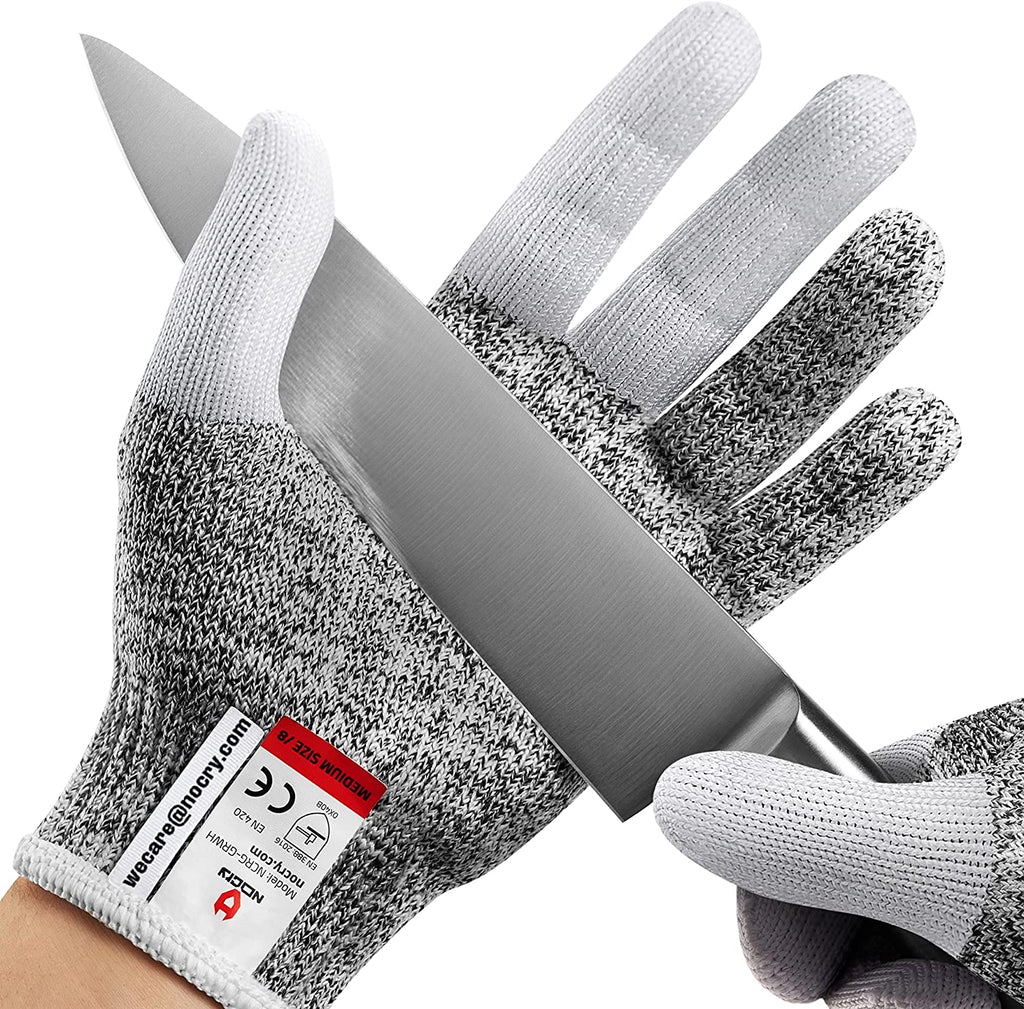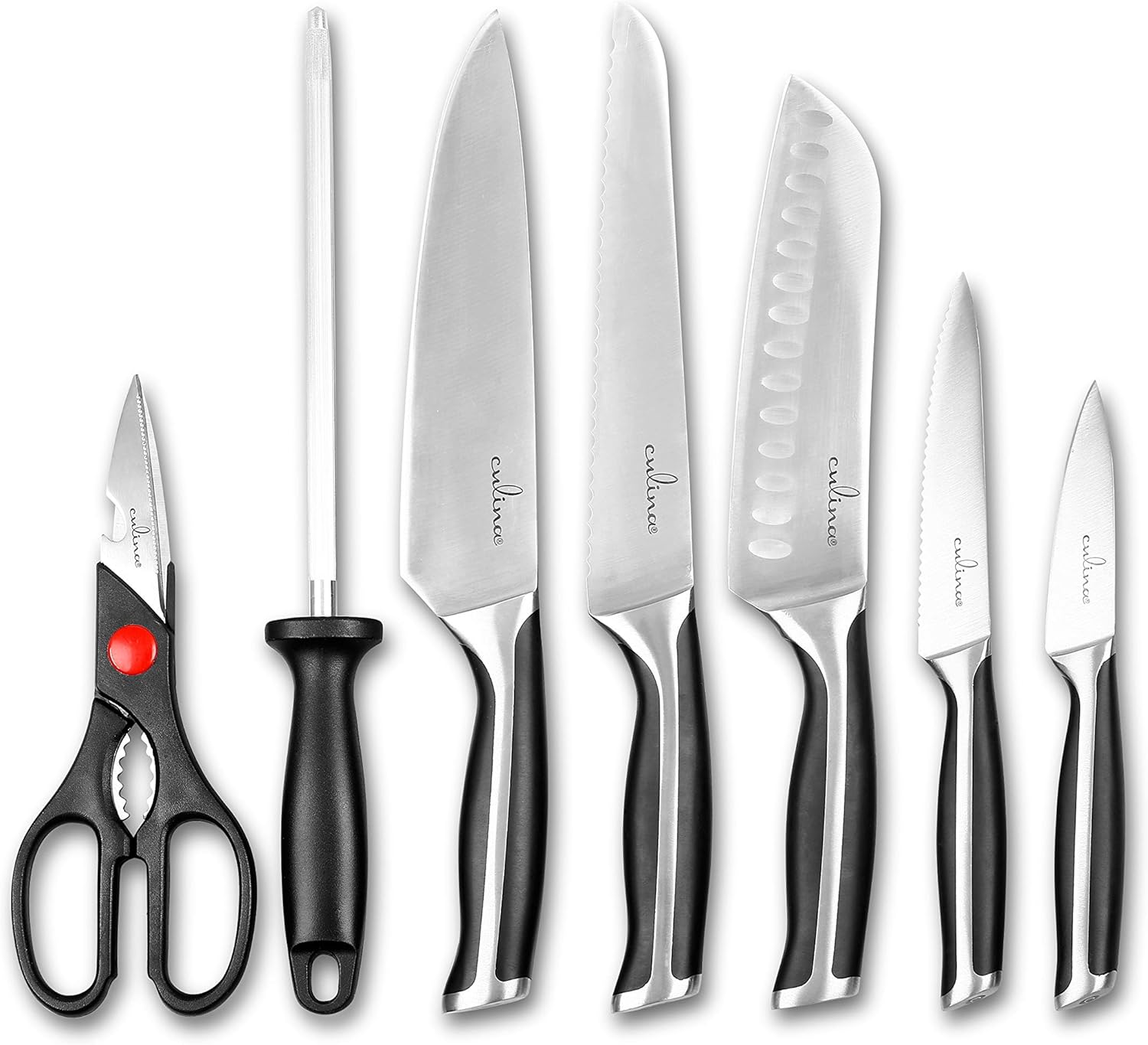When it comes to kitchen knives, choosing the right brand can be daunting. The market is teeming with options, each boasting its unique features. Among them, Boker has consistently garnered attention from both kitchen hobbyists and professional chefs. So, is Boker a good knife brand? This article dives deep into Boker's history, craftsmanship, variety, and user feedback to provide a detailed overview of this renowned brand.

The History of Boker Knives
Boker boasts a history dating back to the 17th century when it started as a modest tool manufacturer in Germany. Over the years, Boker has evolved into a leading global knife producer, thanks to its resilience and innovative approach, especially its dedication to high-quality production standards and versatile designs.

Craftsmanship and Materials
The quality of a knife greatly hinges on the materials and craftsmanship involved. Boker knives are made from high-carbon stainless steel, which ensures excellent edge retention and rust resistance. Each knife undergoes stringent testing and quality control to meet Boker's high standards.
Blade Manufacturing
The blades are precision-forged for enhanced strength and durability. This meticulous process ensures that the knives are not only sharp but also retain their edge longer than many competitors. Boker employs a mix of traditional and modern techniques, blending hand-crafting with machine precision.
Handle Materials
A knife's handle is crucial for ease of use. Boker offers a variety of handle materials, including wood, synthetic composites, and bone. Each handle is ergonomically designed to provide a comfortable grip, reducing fatigue during extended use.

Types of Boker Knives
Boker offers a diverse range of knives, each designed for specific tasks:
- Chef's Knives: Versatile, all-purpose knives ideal for various kitchen tasks.
- Paring Knives: Perfect for peeling, slicing, and detail work.
- Santoku Knives: Featuring shorter, wider blades for versatile cutting tasks.
- Utility Knives: Suitable for larger fruits, vegetables, and meats.
User Experiences and Reviews
Many users praise Boker knives for their sharpness, durability, and ergonomic design. Consumer reviews frequently highlight the brand's reliability and excellent value for money. For more user reviews, visit Knife Center.
Boker vs. Other Knife Brands
How does Boker compare with other leading knife brands like Wsthof, Shun, and Victorinox? While each brand has its strengths, Boker often stands out for its balance of quality and affordability. Its extensive history and commitment to craftsmanship give it an edge over many competitors.
Boker's Environmental Commitment
Another reason to consider Boker is its commitment to sustainability. The brand employs environmentally friendly practices in its manufacturing processes, from responsibly sourcing materials to minimizing waste and energy consumption.
Conclusion
So, is Boker a good knife brand? Absolutely! Whether you're a kitchen hobbyist or a professional chef, Boker knives offer a blend of quality, durability, and affordability that is hard to match. With its rich history, commitment to craftsmanship, and focus on user satisfaction, Boker remains a top choice for those seeking reliable and high-performing kitchen knives.
FAQ
1. What makes Boker knives stand out?
Boker's commitment to quality, precision craftsmanship, and a wide range of knife types make it a standout brand.
2. Are Boker knives suitable for beginners?
Yes, Boker offers a variety of user-friendly knives that are great for both novices and seasoned chefs.
3. How do I maintain my Boker knives?
Regular honing, proper cleaning, and safe storage are essential to maintaining the sharpness and longevity of your Boker knives.
As an Amazon Associate, I earn from qualifying purchases.
For those interested in knife maintenance and sharpening tips, consider checking out our article on making knives sharp. You might also want to explore our guide on the best cutting boards for your knives to ensure their longevity. And if you're wondering about the origins of kitchen knives, check out our overview on knife origins.


























